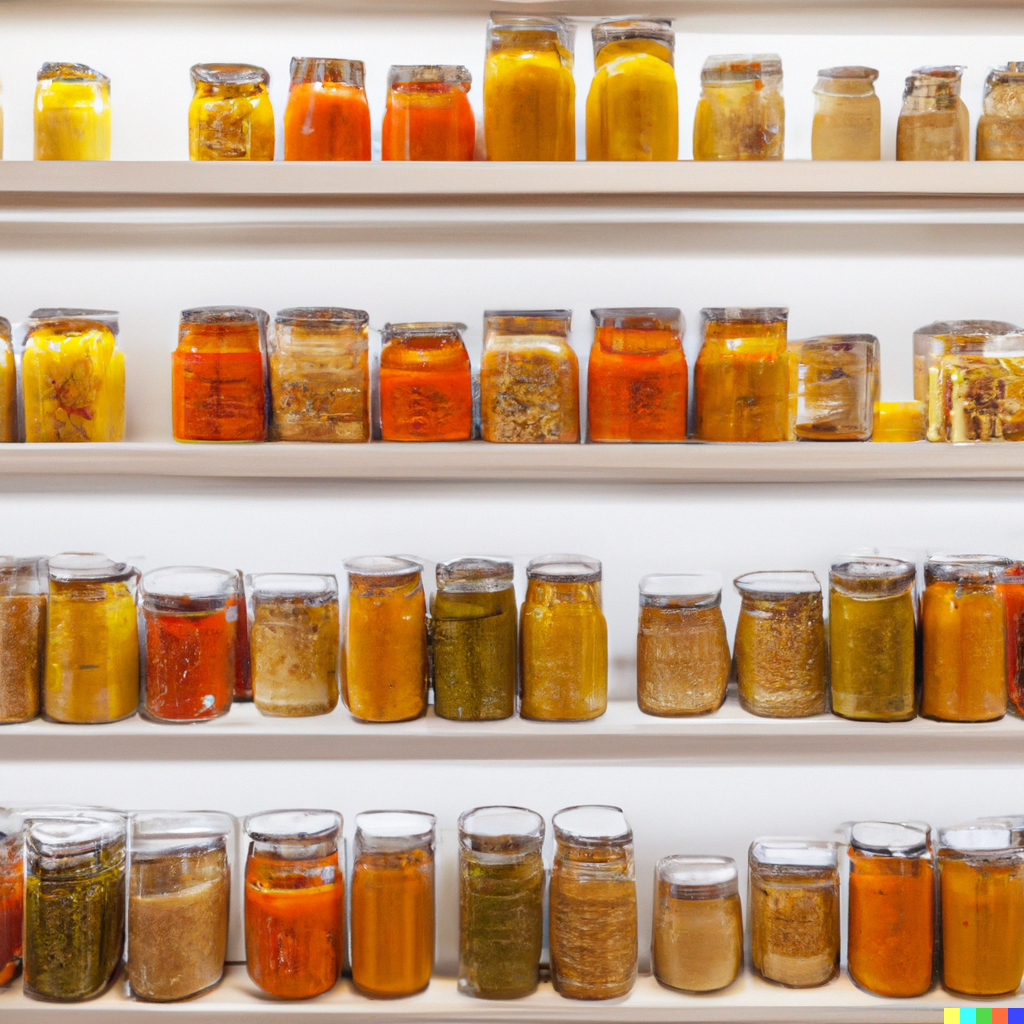The Ultimate Guide to Keep Lamb Fresh and Safe
Lamb is a tender and flavorful meat used in everything from roasts to curries. To preserve its quality and ensure food safety, proper storage is essential. Knowing how long lamb lasts—and the best ways to store it—helps you enjoy its rich flavor while preventing spoilage.
Shelf Life of Lamb
At Room Temperature (Raw or Cooked):
- Raw Lamb (chops, roasts, ground): 1-2 hours (discard if left out longer)
- Cooked Lamb: 2 hours (1 hour if above 90°F/32°C)
In the Refrigerator:
- Raw Lamb (whole cuts – chops, roasts): 3-5 days
- Ground Lamb (raw): 1-2 days
- Cooked Lamb: 3-4 days
- Lamb Gravy or Broth: 3-4 days
In the Freezer:
- Raw Lamb (chops, roasts): 4-12 months
- Ground Lamb (raw): 3-4 months
- Cooked Lamb: 2-3 months
Best Practices for Storing Lamb
- Refrigerate Immediately – Store raw lamb in the coldest part of the refrigerator at 40°F (4°C) or below.
- Freeze for Long-Term Storage – Wrap lamb tightly in freezer-safe bags or vacuum-sealed packaging to prevent freezer burn and extend shelf life.
- Store Cooked Lamb in Airtight Containers – This helps retain moisture and prevents contamination.
- Keep Lamb on the Bottom Shelf – Always store raw lamb away from other foods to prevent cross-contamination.
- Label and Date – Clearly label lamb with the storage date to track freshness and use it within the recommended time.
- Safe Thawing – Thaw lamb in the refrigerator, in cold water, or in the microwave. Avoid leaving it at room temperature to prevent bacterial growth.
Signs Lamb Is Going Bad
- Slimy or Sticky Texture – Indicates bacterial growth and spoilage.
- Strong or Sour Odor – Fresh lamb has a mild, earthy smell. A sour or ammonia-like odor is a sign of spoilage.
- Discoloration – Lamb that develops gray, green, or dark spots should be discarded.
- Excessive Liquid – If lamb releases an unusual amount of liquid, it may be past its prime.
How to Use Lamb Before It Spoils
- Grilled Lamb Chops
- Lamb Stew or Curry
- Roast Leg of Lamb
- Ground Lamb Meatballs or Burgers
- Lamb Kebabs
By properly storing lamb, you can extend its shelf life, reduce waste, and ensure your dishes are flavorful and safe to eat. Whether you’re preparing a roast for a special occasion or freezing ground lamb for later, these storage tips will help you make the most of your purchase.
